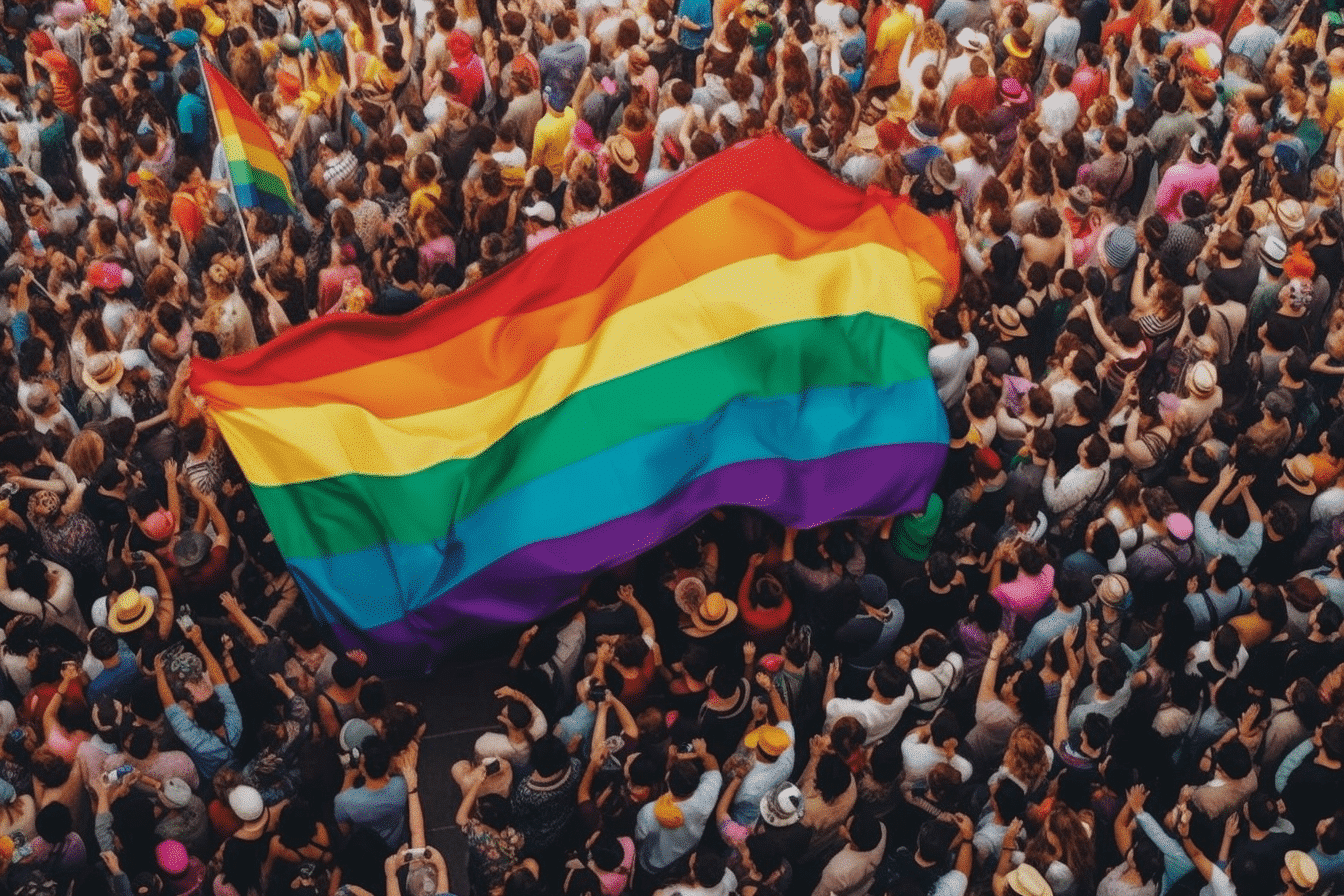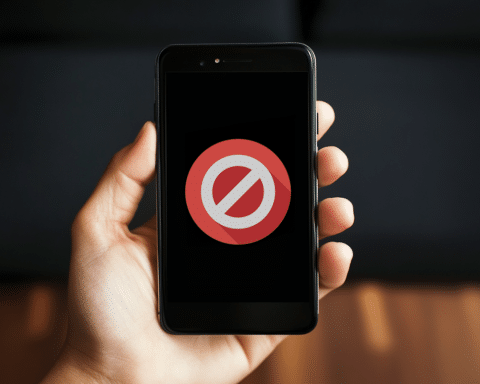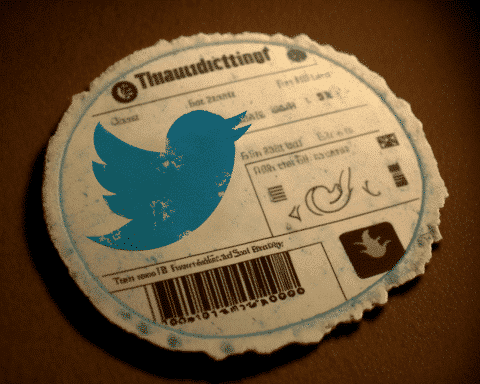According to the annual Social Media Safety Index released by GLAAD, a prominent LGBTQ+ advocacy group, all major social media platforms, including Facebook, Instagram, TikTok, YouTube, and Twitter, have received low or failing scores in protecting LGBTQ+ users from hate speech and harassment.
Notably, Twitter has been ranked as the worst platform for LGBTQ+ safety, experiencing a decline in scores compared to the previous year.
This article will delve into the concerning findings of the GLAAD report, highlighting the specific issues plaguing Twitter and the implications for LGBTQ+ individuals.
Twitter: The Most Dangerous Platform
GLAAD’s Social Media Safety Index indicates that Twitter’s performance has significantly deteriorated since its acquisition by Tesla CEO Elon Musk in October of the previous year. The report labeled Twitter as “the most dangerous platform for LGBTQ+ people,” with an alarming increase in attacks on LGBTQ+ users.
The staffing cuts implemented by Musk have resulted in an inadequate number of content moderators to handle the surge of problematic tweets encompassing hate speech, graphic material, and harassment.
Musk’s self-proclaimed status as a “free-speech absolutist” has influenced Twitter’s policies, leading to the removal of safeguards against targeted misgendering or deadnaming of transgender individuals.
The Impact of Online Abuse
The detrimental effects of online hate and harassment on marginalized communities, including the LGBTQ+ community, are well-documented.
Such abusive behavior not only poses a risk of inciting offline violence but also significantly impacts the mental well-being of individuals. GLAAD CEO and President Sarah Kate Ellis highlighted the frequency of doxxing incidents, where private or identifying information is maliciously exposed without consent.
These instances often result in threats, harassment, and retaliatory actions, further exacerbating the harmful effects experienced by targeted individuals.
Other Platforms and GLAAD’s Assessment
While all major social media platforms received low scores in the GLAAD report, some showed slight improvements. Both Facebook and Instagram, owned by Meta, experienced a notable 15 percentage point improvement, with their scores reaching 61% and 63% respectively.
However, GLAAD emphasized that Meta’s policies lack consistent enforcement. TikTok saw its score surge from 14 points to 57%, with robust policies aimed at protecting LGBTQ+ individuals from harassment and hate speech. YouTube, owned by Google, also experienced progress, garnering a score of 54%, up nine points from the previous year.
Balancing Freedom of Speech and Safety
Elon Musk’s advocacy for unrestricted freedom of speech has drawn criticism from GLAAD and other organizations supporting marginalized groups. While Musk and Twitter’s new CEO, Linda Yaccarino, argue for an open “digital town square” where diverse opinions can freely engage, GLAAD contends that unfettered freedom for one group often infringes upon the free speech and safety of others.
Jenni Olson, GLAAD’s director of social media safety, highlighted the importance of hate speech policies, emphasizing that bullying and harassment impede individuals’ freedom of speech due to fear of reprisal.
Addressing the Urgent Need for Improvement
GLAAD’s report underscores the urgent need for major social media platforms to prioritize the safety and well-being of LGBTQ+ users.
Adequate content moderation, comprehensive policies against hate speech and harassment, and consistent enforcement are crucial steps toward creating inclusive and secure online spaces.
Urgent Action Required to Protect LGBTQ+ Users
Collaboration with LGBTQ+ safety and advocacy organizations, such as the input Meta receives, should inform the development and enhancement of platform policies.
GLAAD’s Social Media Safety Index serves as a wake-up call to major social media platforms, highlighting their shortcomings in protecting LGBTQ+ individuals from hate speech and harassment.
Striking a balance between freedom of speech and safety is a pressing challenge, demanding a concerted effort to mitigate online abuse while fostering open dialogue. The wellbeing of LGBTQ+ users depends on the commitment of these platforms to implement comprehensive policies and prioritize their enforcement.




